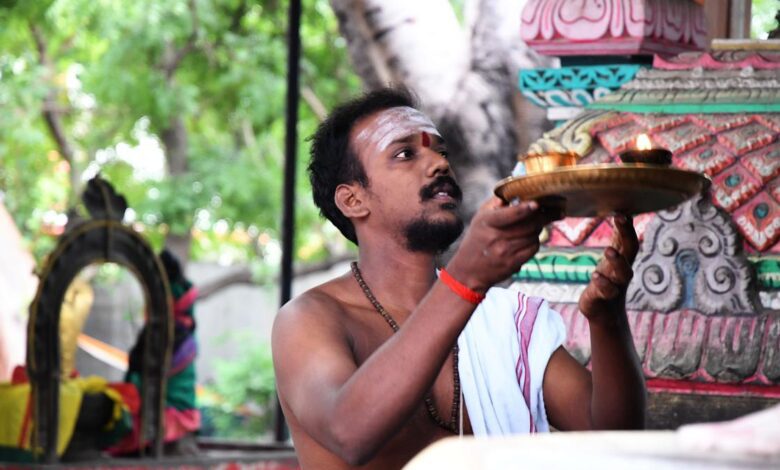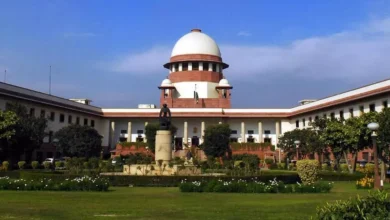Caste has no role in appointment of temple priest: Madras High Court
Any person can be appointed as a priest if he is well-versed, properly trained and fully qualified to perform pujas and other rituals as per the Agama Sastra applicable to the temple concerned, Justice N. Anand Venkatesh says

In a significant verdict, the Madras High Court on Monday ruled that one’s caste must not play any role in one’s appointment as a temple priest.
The only requirement for one to be appointed as archagars (priests) of temples in Tamil Nadu should be that one is well versed in the Agamic (temple traditions) principles of the concerned temple and that one was adequately trained to perform temple rituals, said Justice N. Anand Venkatesh.
“At the risk of repetition, it is made abundantly clear that the pedigree based on caste will have no role to play in the appointment of Archaka if the person so selected otherwise satisfies the requirements,” the High Court said.
In the case of Seshammal & others vs State of Tamil Nadu (1972), the Supreme Court established a clear distinction between the appointment of an Archaka (priest) to a temple as a secular function and the actual performance of religious services as an integral part of the religion. Justice N. Anand Venkatesh emphasized that this landmark verdict recognized that the appointment process of a priest is separate from the religious practices conducted by them.
The court’s ruling was prompted by a case brought forward by Muthu Subramania Gurukkal, who contested a 2018 advertisement issued by the Tamil Nadu Department of Hindu Religious and Charitable Endowments (HR&CE). The advertisement aimed to recruit Archakas/Sthanikam (priests) for the Sri Sugavaneswarar Swamy Temple in Salem district, Tamil Nadu. Gurukkal argued that the advertisement violated his hereditary rights, as his family of Sivachariyars has been conducting poojas at the temple for countless generations. In response, the court concluded the case while emphasizing the distinction between the secular act of appointing a priest and the religious services performed by them.
The court further addressed the petitioner’s concerns and provided additional guidance regarding future appointments. Referring to a previous order from the top court in 2016, where the Madras High Court said, “Any person belonging to any caste or creed can be appointed as an Archaka, provided he is a well-versed and an accomplished person in the Agamas and rituals necessary to be performed in a temple.”



